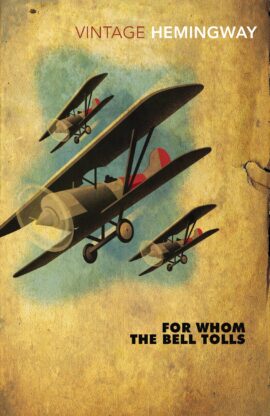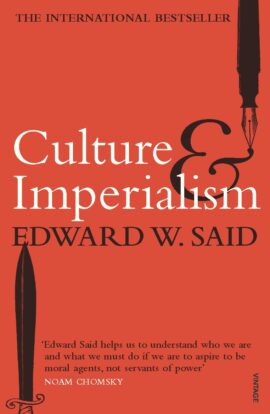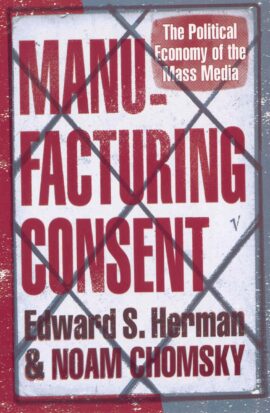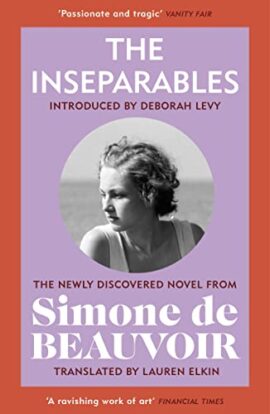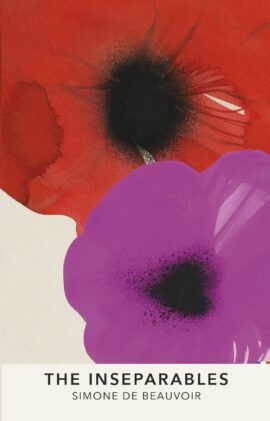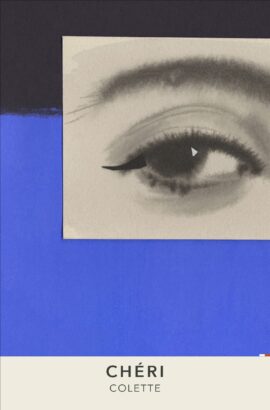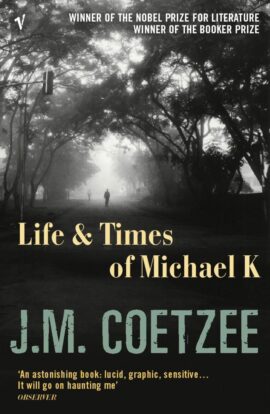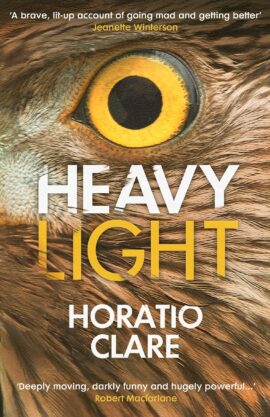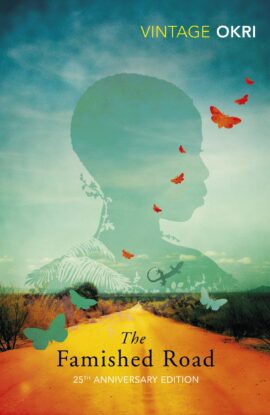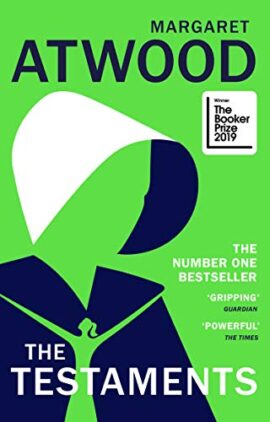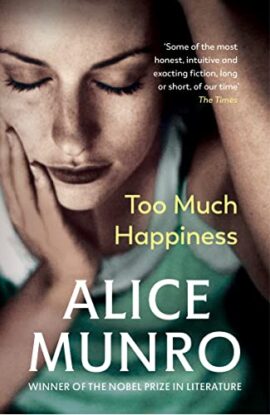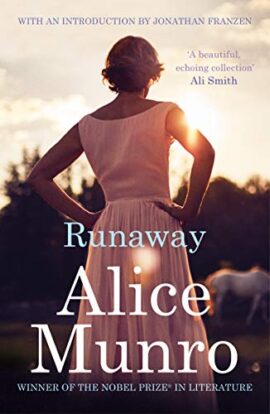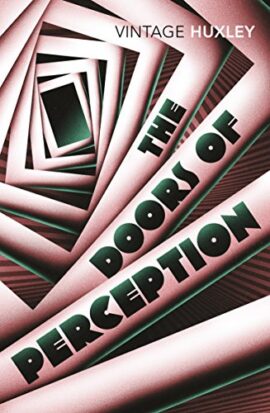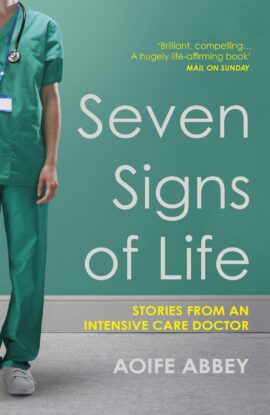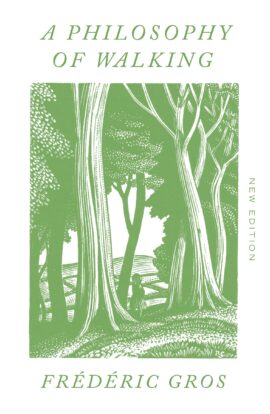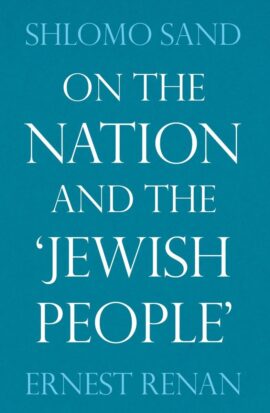Affichage de 1526–1550 sur 2052 résultatsTrié par popularité
For Whom the Bell Tolls
High in the pine forests of the Spanish Sierra, a guerrilla band prepares to blow up a vital bridge. Robert Jordan, a young American volunteer, has been sent to handle the dynamiting. There, in the mountains, he finds the dangers and the intense comradeship of war. And there he discovers Maria, a young woman who has escaped from Franco's rebels...
Manufacturing Consent : Political Economy of the Mass Media
In this pathbreaking work, Edward S. Herman and Noam Chomsky show that, contrary to the usual image of the news media as cantankerous, obstinate, and ubiquitous in their search for truth and defense of justice, in their actual practice they defend the economic, social, and political agendas of the privileged groups that dominate domestic society, the state, and the global order.Based on a series of case studies—including the media’s dichotomous treatment of “worthy” versus “unworthy” victims, “legitimizing” and “meaningless” Third World elections, and devastating critiques of media coverage of the U.S. wars against Indochina—Herman and Chomsky draw on decades of criticism and research to propose a Propaganda Model to explain the media’s behavior and performance. What emerges from this work is a powerful assessment of how propagandistic the U.S. mass media are, how they systematically fail to live up to their self-image as providers of the kind of information that people need to make sense of the world, and how we can understand their function in a radically new way.
Conducting Effective Interviews
Extracts From: The Second Sex
Vintage classic feminist texts in short form When this book was first published in 1949 it was to outrage and scandal. Never before had the case for female liberty been so forcefully and successfully argued. De Beauvoir’s belief that ‘One is not born, but rather becomes, a woman’ switched on light bulbs in the heads of a generation of women and began a fight for greater equality and economic independence. These pages contain the key passages of the book that changed perceptions of women forever.
The Inseparables
The lost novel from the author of The Second SexWhen Andrée joins her school, Sylvie is immediately fascinated. Andrée is small for her age, but walks with the confidence of an adult. The girls become close. They talk for hours about equality, justice, war and religion: they lose respect for their teachers: they build a world of their own. But as the girls grow into young women, the pressures of society mount, threatening everything.This novel was never published in Simone de Beauvoir's lifetime. It tells the story of the real-life friendship that shaped one of the most important thinkers and feminists of the twentieth century.'Slim, elegant, achingly tragic and unaffectedly lovely in its evocation of the closeness between girls - and the pressures that sunder them' SpectatorVINTAGE FRENCH CLASSICS - five masterpieces of French fiction in gorgeous new gift editions.TRANSLATED BY LAUREN ELKIN - INTRODUCED BY DEBORAH LEVY
The Life and Times of Michael K
In a South Africa torn by civil war, Michael K sets out to take his mother back to her rural home. On the way there she dies, leaving him alone in an anarchic world of brutal roving armies. Imprisoned, Michael is unable to bear confinement and escapes, determined to live with dignity. Life and Times of Michael K goes to the centre of human experience -- the need for an interior, spiritual life, for some connections to the world in which we live, and for purity of vision.
Heavy Light
Deeply moving, darkly funny and hugely powerful' Robert Macfarlane'A brave, lit-up account of going mad and getting better' Jeanette WintersonAfter a lifetime of ups and downs, Horatio Clare was committed to hospital under Section 2 of the Mental Health Act. From hypomania in the Alps, to a complete breakdown and a locked ward in Wakefield, this is a gripping account of how the mind loses touch with reality, how we fall apart and how we may heal.'One of the most brilliant travel writers of our day takes us now to that most challenging country, severe mental illness: and does so with such wit, warmth and humanity' Reverend Richard Coles
The Origin of Species: And The Voyage of the Beagle (Vintage Classics)
When the eminent naturalist Charles Darwin returned from South America on board the HMS Beagle in 1836, he brought with him the notes and evidence which would form the basis of his landmark theory of evolution of species by a process of natural selection. This theory, published as The Origin of Species in 1859, sparked a fierce scientific, religious, and philosophical debate which continues heatedly today. This seminal work is presented with The Voyage of the Beagle, a vivid travel memoir as well as a detailed scientific field journal. Ordered by place, covering area from Northern Chile to Australia to Cape Verde Islands, this text contains hints of the theories that were later developed in The Origin of Species.
The Famished Road
You have never read a novel like this one. Winner of the 1991 Booker Prize for fiction, The Famished Road tells the story of Azaro, a spirit-child. Though spirit-children rarely stay long in the painful world of the living, when Azaro is born he chooses to fight death: "I wanted," he says, "to make happy the bruised face of the woman who would become my mother." Survival in his chaotic African village is a struggle, though. Azaro and his family must contend with hunger, disease, and violence, as well as the boy's spirit-companions, who are constantly trying to trick him back into their world. Okri fills his tale with unforgettable images and characters: the bereaved policeman and his wife, who try to adopt Azaro and dress him in their dead son's clothes: the photographer who documents life in the village and displays his pictures in a cabinet by the roadside: Madame Koto, "plump as a mighty fruit," who runs the local bar: the King of the Road, who gets hungrier the more he eats.At the heart of this hypnotic novel are the mysteries of love and human survival. "It is more difficult to love than to die," says Azaro's father, and indeed, it is love that brings real sharpness to suffering here. As the story moves toward its climax, Azaro must face the consequences of choosing to live, of choosing to walk the road of hunger rather than return to the benign land of spirits. The Famished Road is worth reading for its last line alone, which must be one of the most devastating endings in contemporary literature (but don't skip ahead). --R. Ellis
THE TESTAMENTS (WINNER OF THE BOOKER PRIZE 2019)
The wait is overAnd so I step up, into the darkness within: or else the light.When the van door slammed on Offred’s future at the end of The Handmaid’s Tale, readers had no way of telling what lay ahead for her – freedom, prison or death.With The Testaments, the wait is over.Margaret Atwood’s sequel picks up the story 15 years after Offred stepped into the unknown, with the explosive testaments of three female narrators from Gilead.‘Dear Readers: Everything you’ve ever asked me about Gilead and its inner workings is the inspiration for this book. Well, almost everything! The other inspiration is the world we’ve been living in.’ Margaret Atwood
Balthasar’s Odyssey
There are ninety-nine names for God in the Koran, is it possible that there is a secret one-hundredth name?In this tale of magic and mystery, of love and danger, Balthasar's ultimate quest is to find the secret that could save the world.Before the dawn of the apocalyptic 'Year of the Beast' in 1666, Balthasar Embriaco, a Genoese Levantine merchant, sets out on an adventure that will take him across the breadth of the civilised world, from Constantinople, through the Mediterranean, to London shortly before the Great Fire.Balthasar's urgent quest is to track down a copy of one of the rarest and most coveted books ever printed, a volume called 'The Hundredth Name', its contents are thought to be of vital importance to the future of the world. There are ninety-nine names for God in the Koran, and merely to know this most secret hundredth name will, Balthasar believes, ensure his salvation.
Too Much Happiness
**Winner of the Nobel Prize in Literature**These are beguiling, provocative stories about manipulative men and the women who outwit them, about destructive marriages and curdled friendships, about mothers and sons, about moments which change or haunt a life. Alice Munro's stories surprise and delight, turning lives into art, expanding our world and shedding light on the strange workings of the human heart.
Runaway
The matchless Munro makes art out of everyday lives in this dazzling new collection. At its centre are three stories connected into one marvellously rich narrative about Juliet - who escapes from teaching at a girls' school and throws herself into a wild and passionate love match. Here are men and women of wildly different times and circumstances, their lives made vividly palpable by the nuance and empathy of Munro's writing. "Runaway" is about the power and betrayals of love, about lost children, lost chances. There is pain and desolation beneath the surface, like a needle in the heart, which makes these stories more powerful and compelling than anything she has written.
Seven Signs of Life
I have walked in and out of the lives of countless numbers of patients. I have stood in rooms, in corners: sat on beds, chairs, and knelt on floors. I have been the visitor who is there when you find yourself most vulnerable, when you lie on a hospital bed or on a trolley in the resus department of A&E. I have been the visitor that you may never even know was there at all.How much do you know about the doctor who walked in and out of your life? Who diagnosed your mum, nursed your granddad in his last few days, or who saved your sister’s life? And have you ever wondered what they felt? If they cried later with joy, or with grief?Told through the lens of six emotions that all of us can empathise with, this book from the British Medical Association’s own Secret Doctor gives us a unique window onto the other side of a hospital experience. Through the Secret Doctor’s eyes we see how grief can be found in many forms, and what happens when you see fear in a patient’s eyes. We find out how to cope when you’ve made a life-threatening mistake: or what joy looks like when you feel it, and how long it lasts.These real stories from an anonymous doctor blur the lines between patient and doctor, showing us what a doctor sees of humanity as it comes through the revolving door of the hospital, what we have in common and what makes us human.
Empireland: How Imperialism Has Shaped Modern Britain
WINNER OF THE 2022 BRITISH BOOK AWARD FOR NARRATIVE NONFICTION***THE BOOK THAT INSPIRED THE CHANNEL 4 DOCUMENTARY 'EMPIRE STATE OF MIND'***THE SUNDAY TIMES BESTSELLER'The real remedy is education of the kind that Sanghera has embraced - accepting, not ignoring, the past' Gerard deGroot, The Times_____________________________________________________EMPIRE explains why there are millions of Britons living worldwide.EMPIRE explains Brexit and the feeling that we are exceptional.EMPIRE explains our distrust of cleverness.EMPIRE explains Britain's particular brand of racism.Strangely hidden from view, the British Empire remains a subject of both shame and glorification. In his bestselling book, Sathnam Sanghera shows how our imperial past is from how we live and think to the foundation of the NHS and even our response to the COVID-19 crisis.At a time of great division, when we are arguing about what it means to be British, Empireland is a groundbreaking revelation - a much-needed and enlightening portrait of contemporary British society, shining a light on everything that usually gets left unsaid._______________________________________________________' Empireland takes a perfectly-judged approach to its contentious but necessary subject' Jonathan Coe'I only wish this book has been around when I was at school' Sadiq Khan, Mayor of London'This remarkable book shines the brightest of lights into some of the darkest and most misunderstood corners of our shared history' James O'Brien
Twilight of History
The acclaimed and controversial historian turns his critical gaze on the writing of history todayOn its publication in 2009, Shlomo Sand’s book The Invention of the Jewish People met with a storm of controversy. His demystifying approach to nationalist and Zionist historiography provoked much criticism from other professional historians, as well as praise. The furore gave him a privileged position to consider his academic discipline, which he reflects on here in Twilight of History.Drawing on four decades in the field, Sand takes a wider view and interrogates the study of history, whose origin lay in the need for a national ideology. Over the last few decades, traditional history has begun to fragment, yet only to give rise to a new role for historians as priests of official memory. Working in Israel has sharpened Sand’s perspective, since the role of history as national myth is particularly salient in a country where the Bible is treated as a source of historical fact. He asks such questions as: Is every historical narrative ideologically marked? Do political requirements and state power weigh down inordinately on historical research and teaching? And, in such conditions, can there be a morally neutral and “scientific” truth?Despite his trenchant criticism of academic history, Sand would still like to believe that the past can be understood without myth, and finds reasons for hope in the work of Max Weber and Georges Sorel.
A Philosophy of Walking
This philosophical ode to finding joy in simple things explores how walking has influenced history’s greatest thinkers—from Henry David Thoreau and John Muir to Gandhi and Nietzsche.“It is only ideas gained from walking that have any worth.” —NietzscheIn this French bestseller, leading thinker and philosopher Frédéric Gros charts the many different ways we get from A to B—the pilgrimage, the promenade, the protest march, the nature ramble—and reveals what they say about us.Gros draws attention to other thinkers who also saw walking as something central to their practice. On his travels he ponders Thoreau’s eager seclusion in Walden Woods: the reason Rimbaud walked in a fury, while Nerval rambled to cure his melancholy. He shows us how Rousseau walked in order to think, while Nietzsche wandered the mountainside to write. In contrast, Kant marched through his hometown every day, exactly at the same hour, to escape the compulsion of thought. Brilliant and erudite, A Philosophy of Walking is an entertaining and insightful manifesto for putting one foot in front of the other.
On the Nation and the Jewish People
Ernest Renan was one of the intellectual giants of the second half of the nineteenth century in France, the man who first opened up the study of nationalism. In this book, Shlomo Sand, the author of the best-selling The Invention of the Jewish People, demonstrates the complexity of Renan’s thought. Sand shows the relationship of Renan’s work to that of key twentieth-century thinkers on nationalism, such as Raymond Aron and Ernest Gellner, and argues for the continued importance of studying Renan.Alongside his essay, Sand presents two classic lectures by Renan: the first, the renowned “What Is a Nation?”, argues that nations are not based upon race, religion, and language: in the second he uses historical evidence to show that the Jews cannot be considered a “pure ethnos.” On the Nation and the Jewish People is an important contribution to the understanding of nationalism, bringing back into play the work of a profoundly misunderstood thinker.
